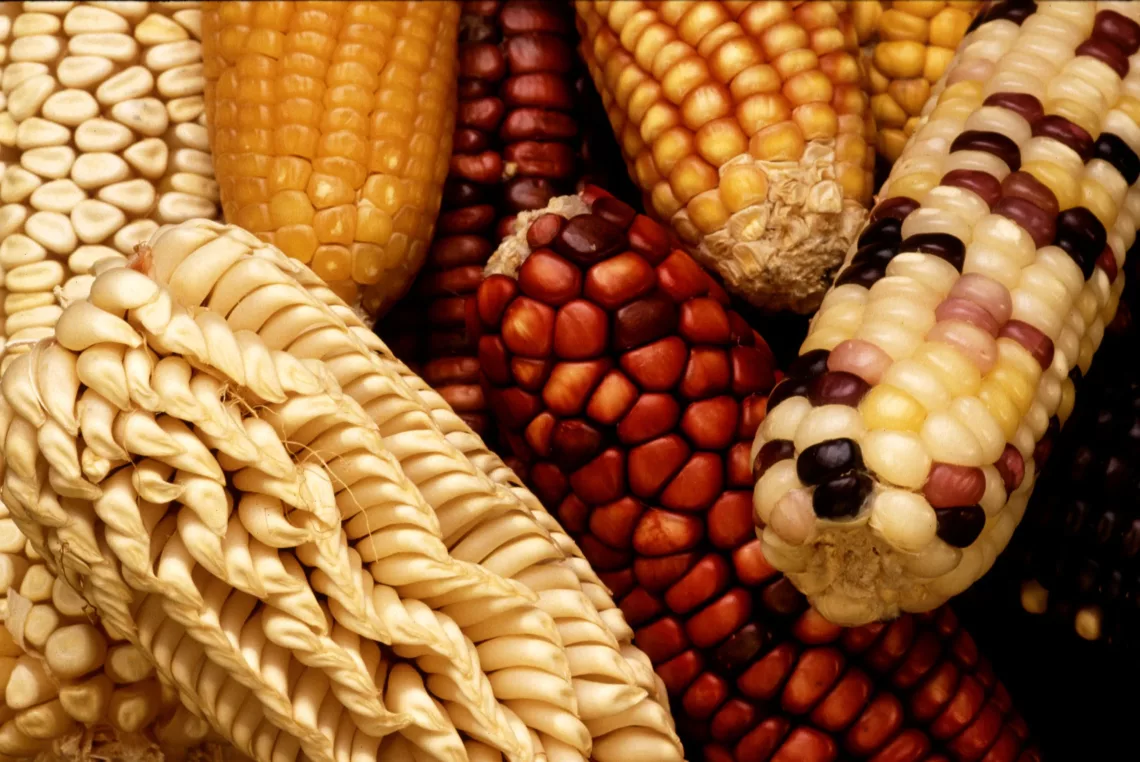A 2022 Food and Agricultural Organisation of United Nation (FAO) report estimates that 19.4 million Nigerians in 21 states and the Federal Capital Territory are at the recent of hunger
However, the federal government disagrees, insisting that the country is capable of meeting its food needs.
“We have enough food to take care of Nigerians. We are producing food across the country and we will continue to do so to feed Nigerians.
“The fact that some categories of food are imported by Nigeria is not an indication that we have food shortages.
“The high cost of food that we experience in the country is as a result of rising inflation, which is not peculiar to Nigeria but due to the COVID-19 pandemic.
“It forced many sectors of economic production to be shut down for many months,” said then minister of Agriculture and Rural Development, Mohammad Abubakar.
No matter how divided opinion about food security is, the fact remains that even in the midst of plenty food more needs to be produced to care of not only the immediate but also the future,
According to Fred Kafeero, the FAO Country Representative in Nigeria, there is need to do more if the country would conquer hunger and child malnutrition.
As populations grow, so does demand for food. Humans have adopted different technologies to meet this requirement, including progressing from subsistence to mechanised farming.
As technology evolves, one experts say what is urgently required is food production and they point at Genetically Modified Foods as the way forward to overcome hunger and malnutrition.
Critics of genetically engineered food say the food come with a lot of baggage including toxicity, suppression of immune system, allergic reactions, antibiotic resistance, loss of nutrition, among others.
However, advocates of GM food say it presents innovation and research; provide answers to food security, are health and can create wealth and employment.
Prof. Abdullahi Mustapha, Director General, National Agricultural Biotechnology Development Agency (NABDA) allays the fears.
For instance, he said at a recent engagement, many farmers who planted genetically modified beans seed recorded significant drop in the number of times they sprayed pest control chemicals.
He said testimonies abound from farmers nationwide who are benefiting from products of modern biotechnology in the country.
He listed the Pod Borer Resistant (PBR) cowpea a variety of beans, which is now helping farmers overcome the devastating impacts of marcuca vitrata that causes 80 per cent destruction on the farmers’ field.
Maruca vitrata is a major pest in the farm. The caterpillars bore into the pods and eat the seeds
“Today, our farmers are applying only two insecticide sprays as against eight and 10 sprays previously applied as a result of the PBR Cowpea seedling.
“From healthcare to agriculture, energy to environment, biotechnology offers solutions that can significantly impact on the well-being of our citizens and the sustainability of our resources”, Mustapha said.
Dr Rose Gidado, Director, Agricultural Biotechnology Department said science and technology would contribute in making Africa food and nutritionally secured.
According to her, they will also promote public understanding of modern developments in agriculture.
Gidado said Tela Maize, for instance, has proven to be a success in improving yields and wealth creation for famers.
Tela is a genetically modified seedling of maize that is meant to resist attacks from fall army and stem bora worms, which have ravaged maize and caused financial losses to farmers in the past.
According to her, Tela Maize gives higher yields than the conventional maize, adding that here the ordinary maize gives about 1.4 tonnes, the Tela gives about 5.6 tonnes.
“Since it yields more tonnes, it means more money for Nigerian farmers and more food for the Nation,” she said
Prof Rabiu Adamu, Principal Investigator Tela Maize, Institute of Agricultural Research, Ahmadu Bello University Zaria, said, if Tela maize is fully adopted, Nigerians farmers would harvest about seven tonnes of maize per hectare.
This he said, would be contrary to three tonnes often harvested without GM which would inadvertently address food insecurity in maize production in the country.
In addition to GMOs, the federal government is exploring other opportunities in science and technology to ensure that no Nigerian family went to bed hungry. NAN





